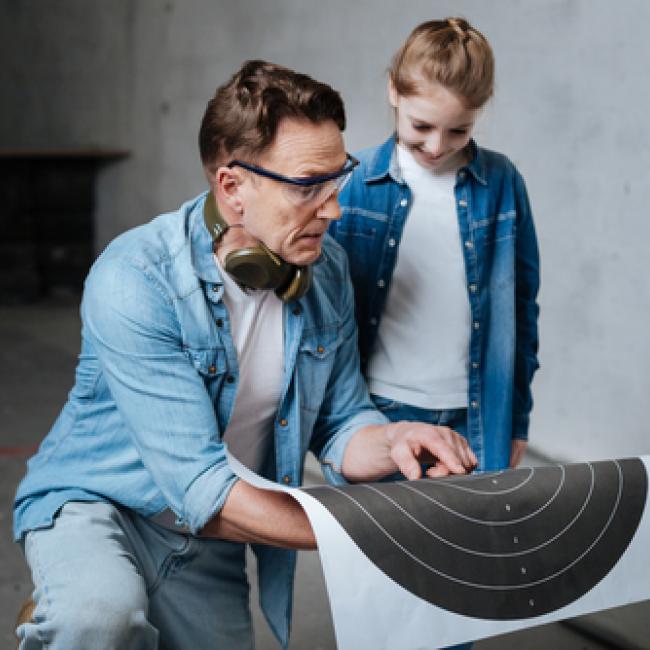Project Summary
Surveys reveal that the overwhelming majority of gun owners support firearm policies such as universal background checks, leading to the belief that there are shared values that can bring gun owners and non-gun owners together to engage in gun violence prevention. The project team is developing and evaluating communication strategies to include all stakeholders in firearm violence prevention. They aim to identify the values that bridge backgrounds and perspectives and develop and test the effectiveness of different message framing strategies in changing gun policy-related attitudes and mindsets and willingness to engage in gun violence prevention. By testing the effects of a targeted communication intervention on mindsets and civic engagement, the researchers are determining the extent to which these Making Health A Shared Value Drivers can be changed for an issue that is considered intractable.
Research Questions/Aims
- What are the distinct subcultures of gun owners and what makes them distinct and what are the shared values that transcend the segment-specific differences?
- How effective are specific communication interventions in changing attitudes towards civic engagement in gun violence prevention and changing opinions regarding gun policy amongst gun owners?
Actionability
- Inform strategies for establishing better agreement around firearm violence prevention policies by being more inclusive in the discourse around such policies.
- Provide insights into crafting messaging and tailoring interventions around firearm policies to engage the different subgroups of legal gun owners and others.
Results
Perceptions of gun-owners perpetuated in the media may not be accurate.
- Ninety percent of gun owners do not view gun ownership as an important part of their overall identity.
- Seventy-six percent gun owners do not engage regularly in any gun-related activities (e.g., concealed carry, recreation, NRA membership, reading gun-related magazines, or political activity in support of gun rights).
- Fifty-nine percent of gun owners indicate the reason they own a gun is to protect themselves in the home.
- Despite lack of participation in gun-related activities and the limited use of guns in their daily lives, the majority of gun owners have a symbolic connection to guns, viewing them as important to their sense of freedom and believing that gun control advocates threaten that freedom by aiming to take away their guns.
- Variation among gun owners in this symbolic connection with guns and this belief that their freedom is being threatened leads to a sharp divide in opinion about gun policies within the gun-owning community that in some cases is even wider than the overall gap between gun owners and non-gun owners generally.
Outcomes
Making Health A Shared Value Drivers: mindset towards firearm and other public health policies and level of civic engagement with gun violence prevention
Methodology
The researchers are conducting a survey of 2,000 gun owners to identify various gun subcultures and their related values, beliefs and behaviors. Based on values they all have in common, the researchers are building strategies to engage non gun owners and gun owners alike in firearm violence prevention.

Boston University School of Public Health